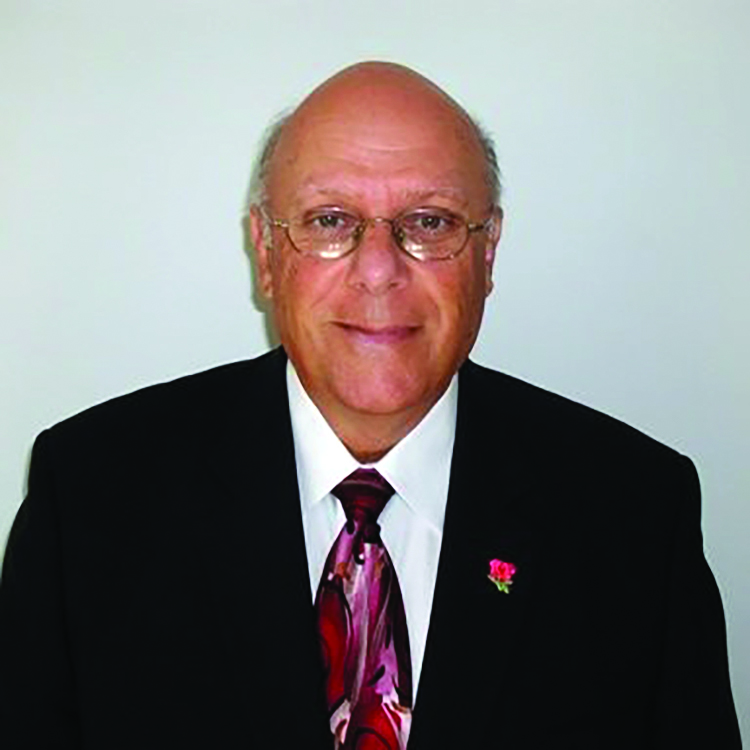From Bart Frazzitta, president and cofounder of the Esophageal Cancer Education Foundation

In 2000, I was diagnosed with stage III esophageal cancer—adenocarcinoma—and was put on a treatment regimen of chemotherapy, radiation therapy, and ultimately surgery to my esophagus. After talking with my doctors and nurses, heartburn was determined to be the cause of cancer. I didn’t realize at the time that survival rates for my disease were extremely low.
But oncology nurses were with me every step of the way. As a source of positive energy and comfort, they shared vital information about esophageal cancer, my treatments, and what to expect as a patient. Oncology nurses were the first point of contact every morning, explaining the new drugs, responding to pain and side effects, and helping with the necessary exercises to guide me through surgery recovery.
After successful treatment, my wife and I wanted to help support other patients with esophageal cancer and the providers who care for them. The Esophageal Cancer Education Foundation (ECEF) is a family-run organization made up of volunteers and former patients who’ve been through the cancer journey themselves. It serves as a resource to help dispel myths about esophageal cancers, provide vital information about prevention and detection of the cancer, and offer a support system for patients navigating the disease.
Approximately 15%–30% of the U.S. population experiences gastroesophageal reflux disease—otherwise known as strong, persistent heartburn—but those individuals may not recognize the risk they’re at for diseases like esophageal cancer. As champions and advocates for their patients, oncology nurses can help spread the word about esophageal cancer risks. Moreover, they can connect their patients to necessary resources as they undergo treatment and surgery for esophageal cancer.
At ECEF, we’ve coordinated with surgeons, researchers, nurses, and other healthcare professionals to develop the book, Esophagectomy Post-Surgical
Guide: Questions and Answers, to review and discuss the complexities of surgery associated with esophageal cancers and provide education for patients and providers. ECEF also offers a monthly conference call support group to give patients the opportunity to speak with surgeons and other healthcare professionals and connect with patients going through similar situations to learn what’s worked for them. Additionally, ECEF uses donations to help fund research initiatives aimed at developing an early detection test for patients at risk for esophageal cancer.
As the frontline providers for education and care for patients with esophageal cancers, oncology nurses are in a position to connect their patients with educational resources and supportive services. They’re also positioned to help further guide the mission of ECEF by advocating for their patients and sharing the clinical experiences associated with the disease.
A list of available services can be found on ECEF’s website.





